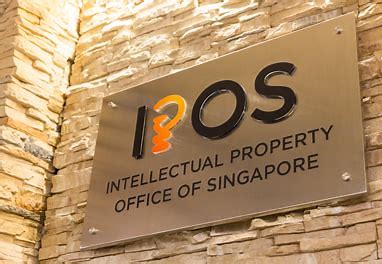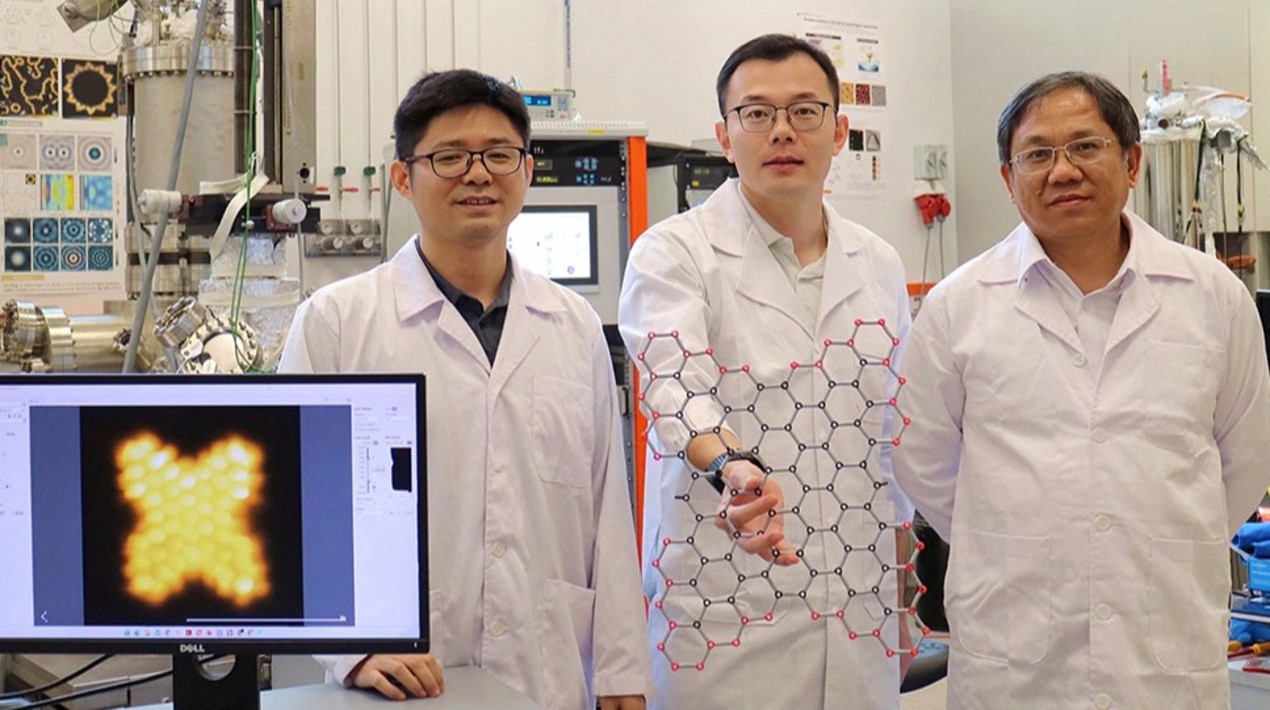
Minister for Culture, Community and Youth and Second Minister for Law Mr Edwin Tong said yesterday that the Intellectual Property Office of Singapore (IPOS) will roll out more initiatives to help businesses use intellectual property (IP) to thrive during the COVID-19 pandemic.
Opening IP Week @ SG 2020, he announced new initiatives to speed up registration for trademarks and registered designs; expand the features of IPOS’ trademark registration app to include search functions for domain names and social media account names; and build IP mediation experience among youth.
In his opening remarks at IP Week @ SG 2020, Mr Tong said: “COVID-19 has disrupted the way we work, the way we interact with each other and the way we live, all in unprecedented ways. As countries and cities shut down, people engage in social distancing, technology has become essential in all aspects of our lives. We can expect new innovations to emerge more swiftly and with greater intensity to help businesses and communities define and adapt to a ‘new normal’. The work of IP offices around the world in enabling and protecting new creations is even more important now.”
“Concrete initiatives to empower companies in capturing opportunities through IP are already in place, with more on the way. We are accelerating those in the pipeline to support companies through the pandemic. We want to upskill enterprises’ IP capabilities and help businesses obtain quicker and easier IP protection,” Mr Tong said.
Enhancing the Patent Fast Track Scheme and launching new initiatives
Mr Tong noted that patents are only one aspect of IP protection and that the government wants to enable enterprises to swiftly obtain protection for other types of IP as well.
“To do so, we will be launching SG IP FAST. SG IP FAST extends beyond patents, to also accelerate the registration processes for trademarks and registered designs. Enterprises can secure IP protection in Singapore fast and leverage that to grow their business with confidence,” he said.
SG IP FAST is an enhancement of an earlier scheme, SG Patent Fast Track, launched by IPOS in April this year. The SG Patent Fast Track, the world’s fastest application-to-grant process of its kind, accelerates grants of patent applications in all technology fields to just six months.
Another new initiative is enhanced features for IPOS GO, the world’s first mobile app for trademark applications which has attracted over 3,500 downloads and more than 500 applications since its launch in August 2019.
A new feature will allow enterprises to easily look for similar business names, trademarks, domain names and social media account names – all within a single search, enabling enterprises to make more informed branding decisions.
A third initiative will involve IPOS working with aspiring and fresh law graduates on a Young IP Mediator programme to build up IP mediation experience among Singapore’s youth.
IPOS’ role becoming more important in Singapore and internationally
The Minister also noted that “IP is also a bright spot for international cooperation and collaboration at a time of increasing protectionism.” IPOS’ role has become more important in this environment and it has been working closely with other countries in the region and further afield for smoother, faster IP protection globally.
Within Singapore, there is an ongoing whole-of-government effort, in partnership with its stakeholders, to further develop Singapore’s capabilities in IP management. “We will develop Singapore’s IP strategy to position our nation as a base for ideas, intangible assets and IP from anywhere in the world, from which to access markets in other parts of the world,” Mr Tong said.



















